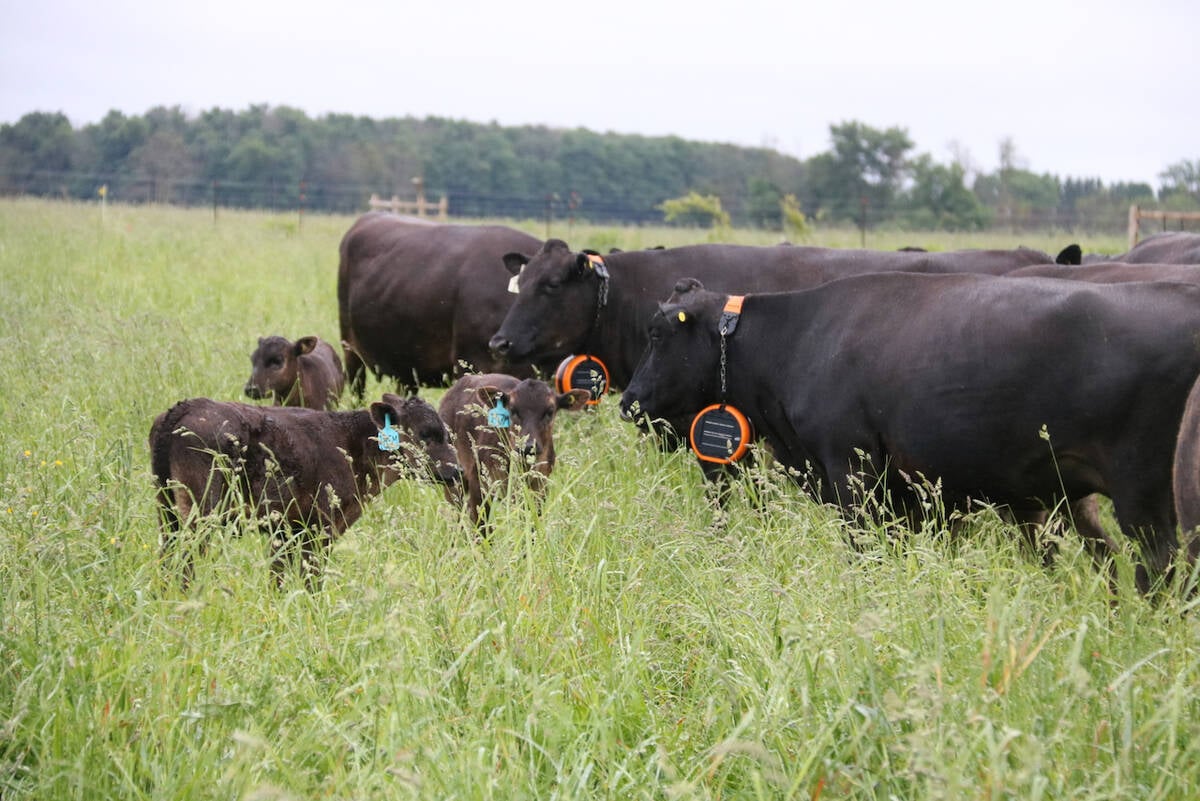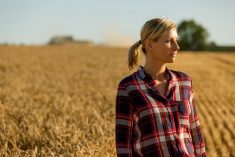Fall approaches and the lazy, hazy days of summer slide by. Fall remains a busy time for ranchers: harvest, weaning, marketing decisions, processing calves, culling cows, assessing bull power for the next breeding season, decisions on whether or not feedyards will suffice through winter, plus thoughts about breeding programs next spring and lactation. For some, body condition scoring remains important as a review of pasture conditions through the past season and nutritional needs in the months leading to calving for heifers and cows.
All this means that fall can be very stressful for cattle producers.
Read Also

Connecting marbling scores in Japanese and Canadian grading systems
Research into whether Canadian marbling scores can predict Japanese marbling scores
Stress has direct effects on mood. Mood changes can include irritability, sleep disruption and cognitive changes, such as an impaired ability to concentrate. Indirectly, stress is often the pre-emptive step to depression.
Stress and depression are closely linked, with chronic stress often leading to depression and vice versa. While stress can be a temporary response to a challenge, depression is a more persistent mood disorder that significantly affects daily functioning. Depression requires treatment.
An article prepared by the Mayo Clinic on stress and depression points out that when people experience stress, they frequently stop engaging in some of the healthy coping strategies that usually help keep their mood on track. In other words, when stress triggers a lowered mood, it’s more likely that the person will skip their typical healthy mood regulation strategies such as running, reading and catching up with old friends. Mood changes often generate further stress. Stress often disrupts relationships. Alcohol abuse is frequently a beggarly result.
Depression is a common mental health condition characterized by persistent feelings of sadness, loss of interest in activities, and changes in how you think, sleep, eat and act. It can affect anyone and is treatable through therapy, medication or a combination of both.
Many suffer in silence, embarrassed to admit something is awry mentally. I realized late in life that depression had played a part in how I thought about and approached challenges. Depression surfaced in my personal and professional life. It became worse as I grew older. I failed to respond to friends and clients who suffered from depression — something that seriously marred my connection with folks. Bouts of depression progressed into serious issues later in life to a point where life became optional, especially after the nightmare of losing two wonderful sons to suicide.
There’s no sure way to prevent depression. However, these strategies help:
- Take steps to control stress, to increase your resilience and boost your self-esteem.
- Reach out to family and friends, especially in times of crisis, to help you weather rough spells.
- Get treatment at the earliest sign of a problem to help prevent depression from worsening.
- Consider getting long-term maintenance treatment to help prevent a relapse of symptoms.
There are resources available across Canada. You can reach Canada’s national suicide crisis line 24 hours a day by dialing 988. Those needing immediate emergency assistance should call 911.
Counselling Alberta (counsellingalberta.com) provides low-cost counselling with no waiting list.
Saskatchewan producers can call the Farm Stress Line at 1-800-667-4442. They can also access up to six hours of therapy per year for free through the SaskAg Matters Mental Health Network (saskagmatters.ca).
Manitoba has the Farmers HelpLine available 24/7 at 1-866-367-3276, as well as more resources through the Manitoba Farm, Rural and Northern Support Service, at supportline.ca/farm. The Manitoba Farmer Wellness Program provides no-cost, farm-focused counselling services.
Producers in Ontario can access free counselling, as well as other resources and programs, through Agriculture Wellness Ontario (agriculturewellnessontario.ca).
Do More Ag has a more complete listing of crisis contacts in regions across the country at domore.ag/crisis-contacts.
















